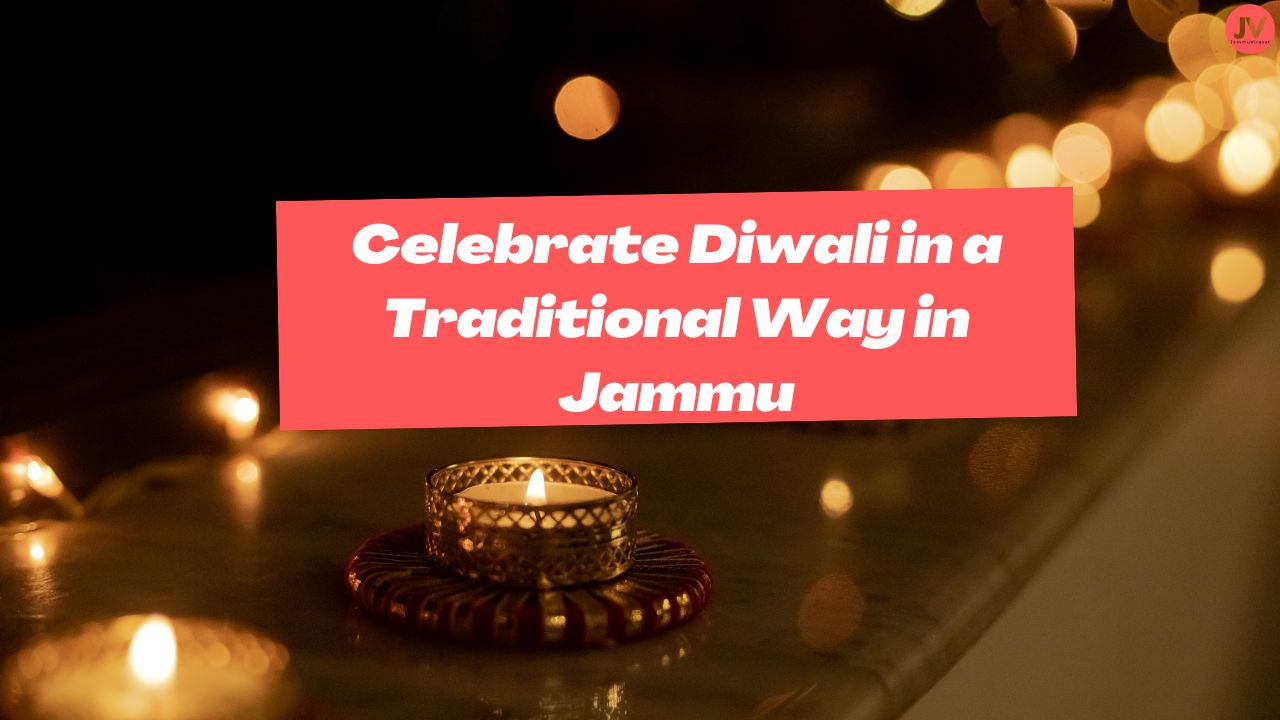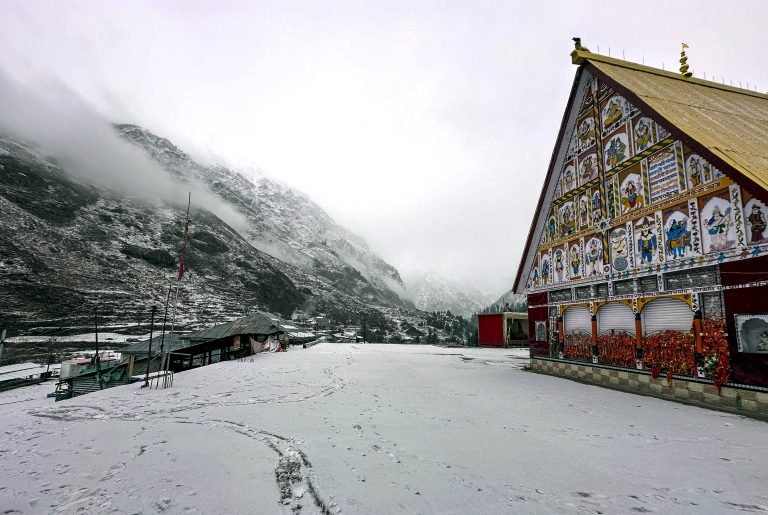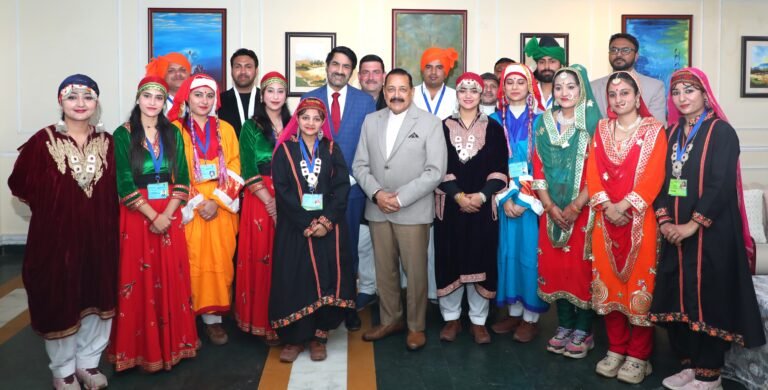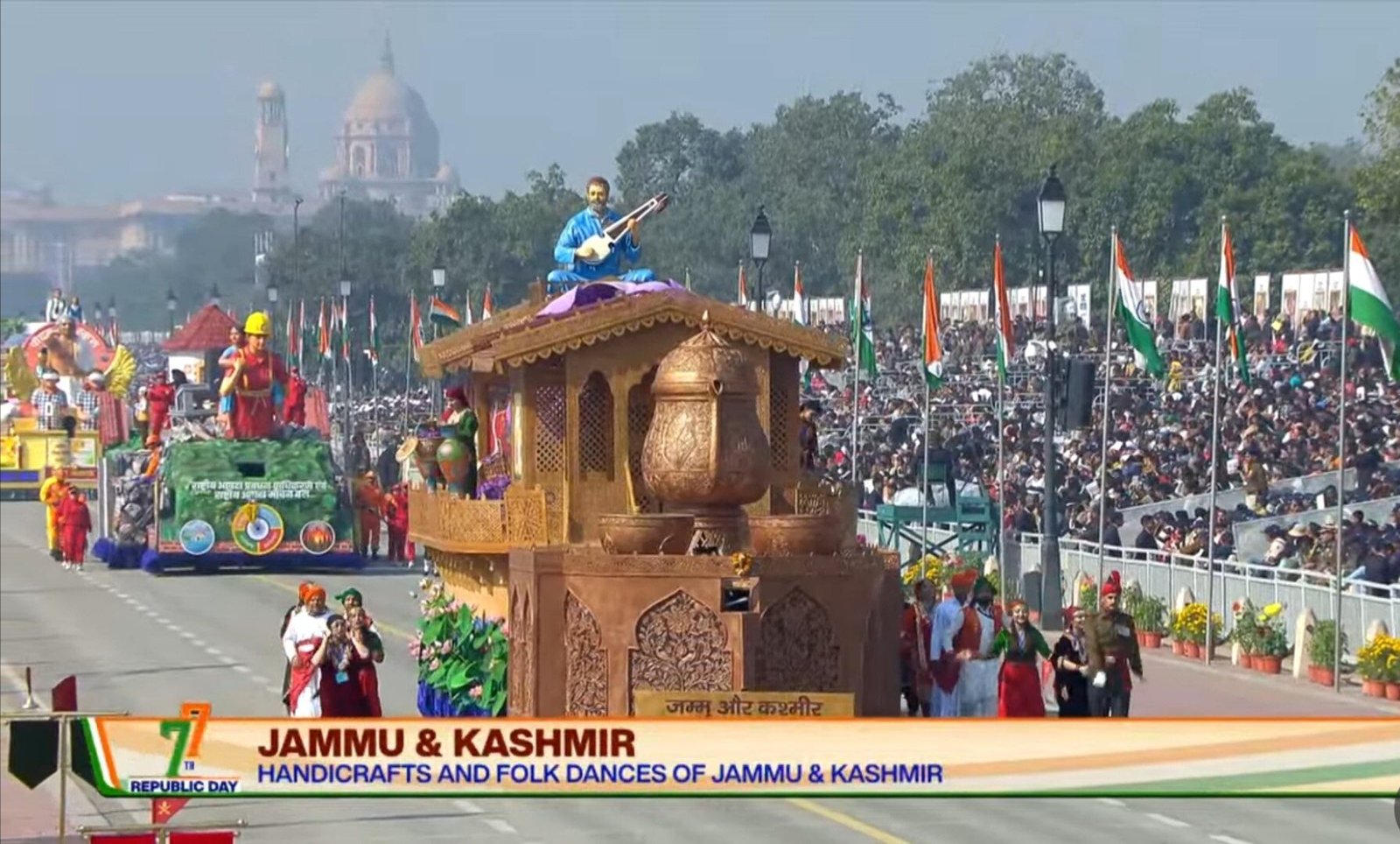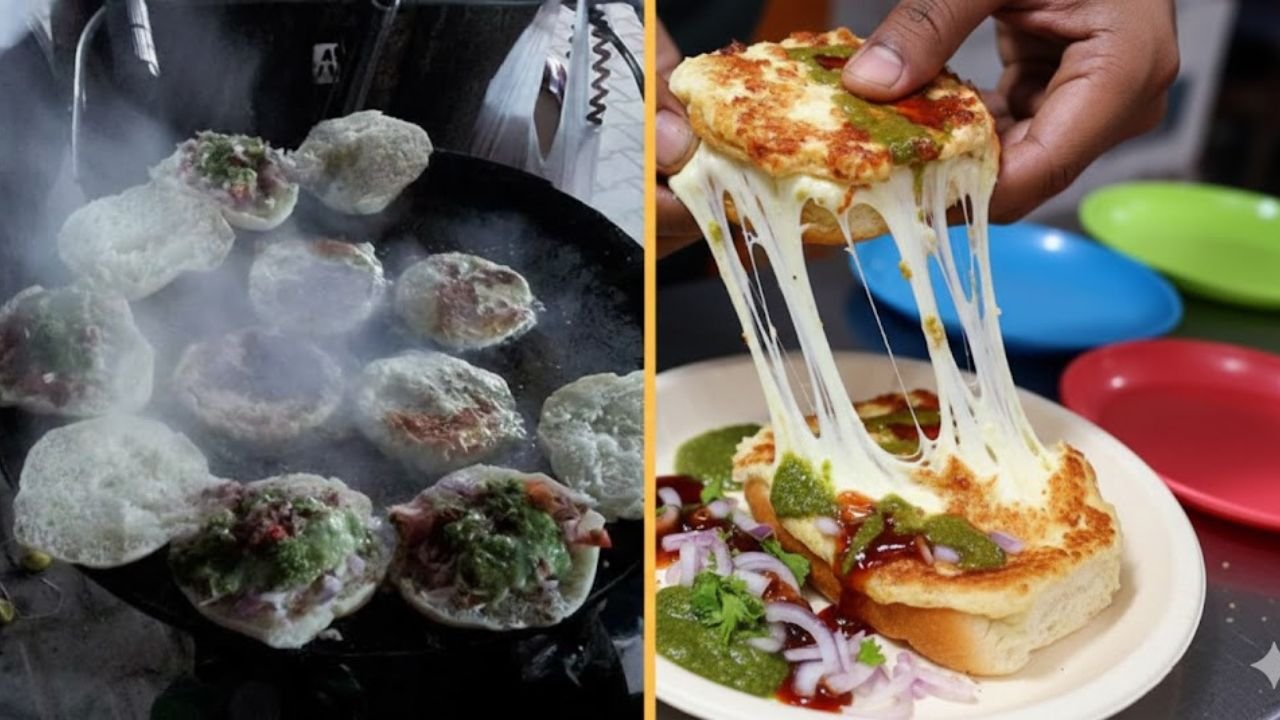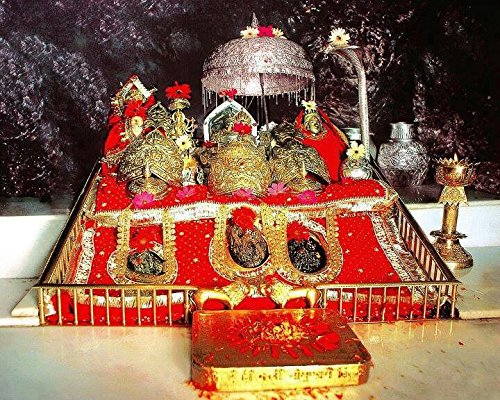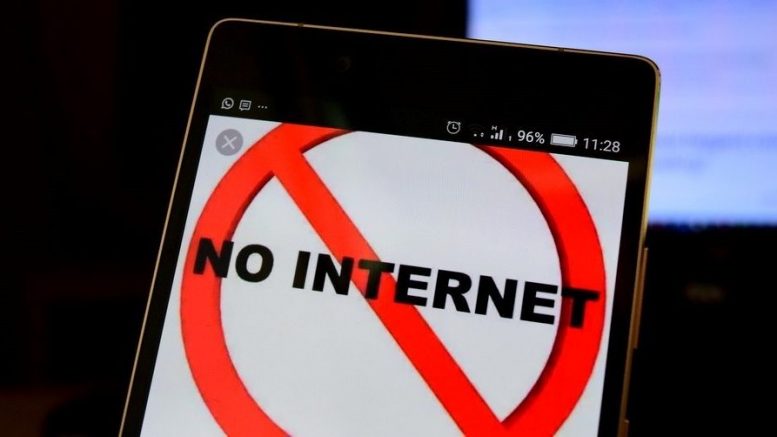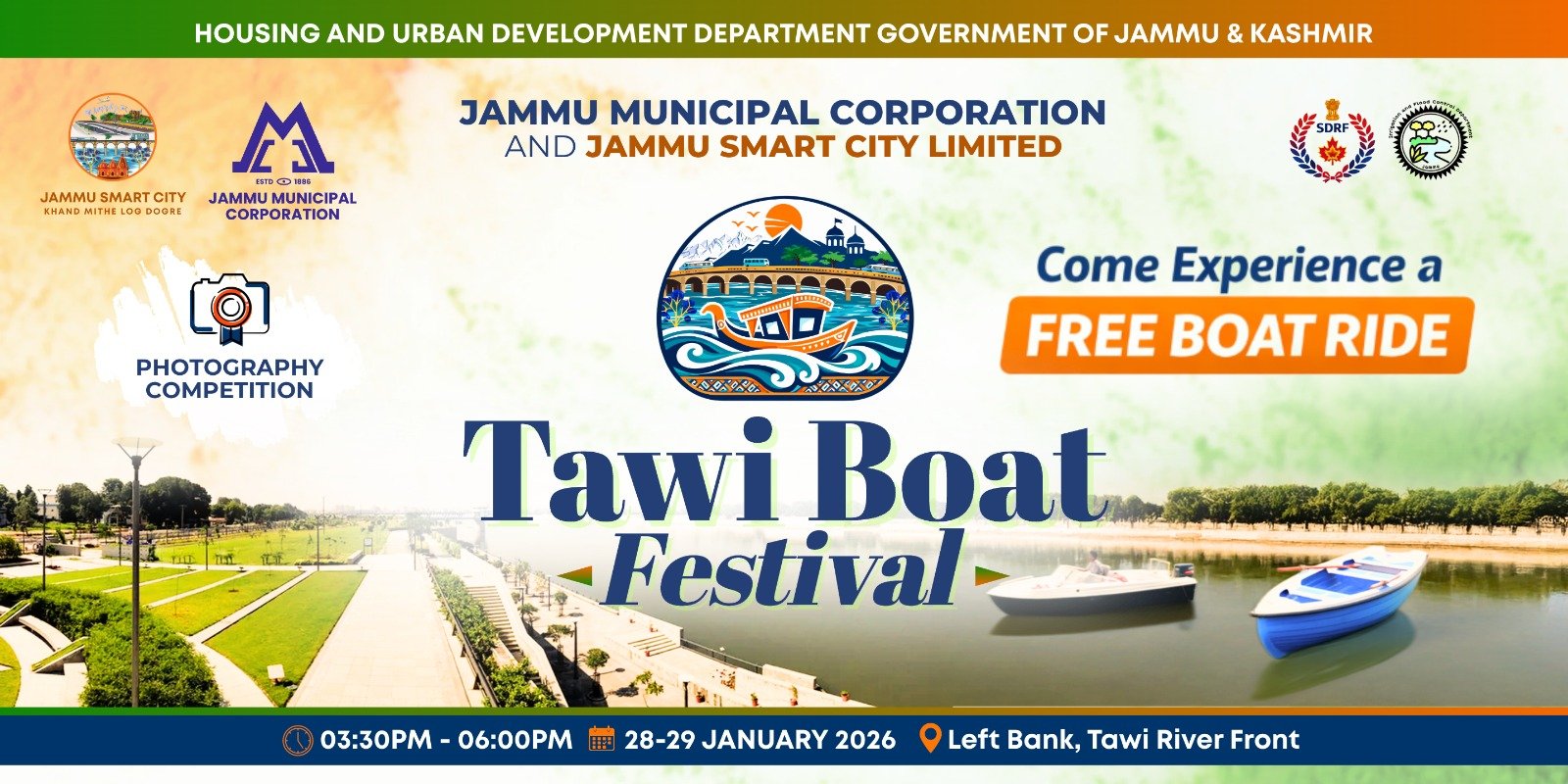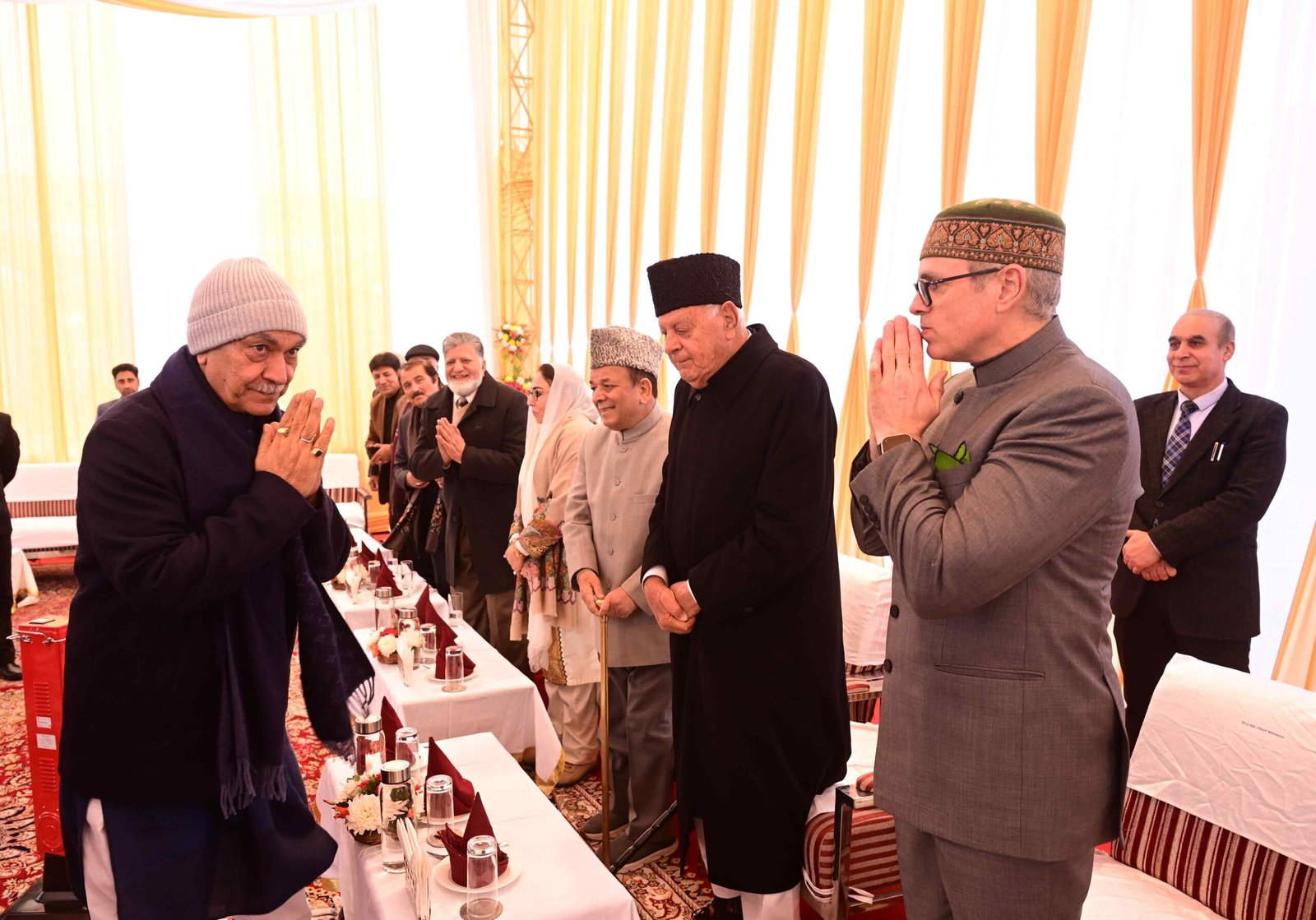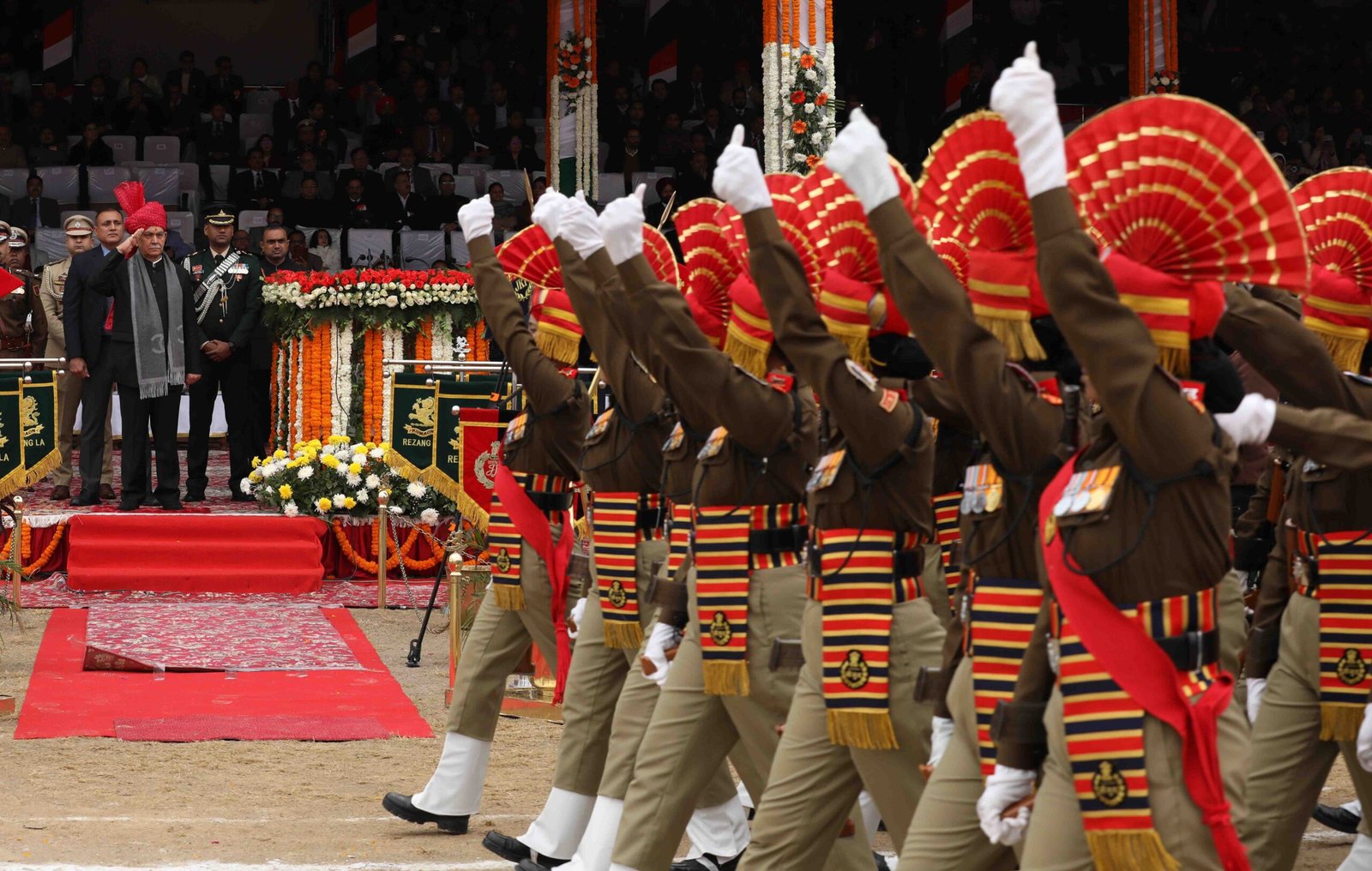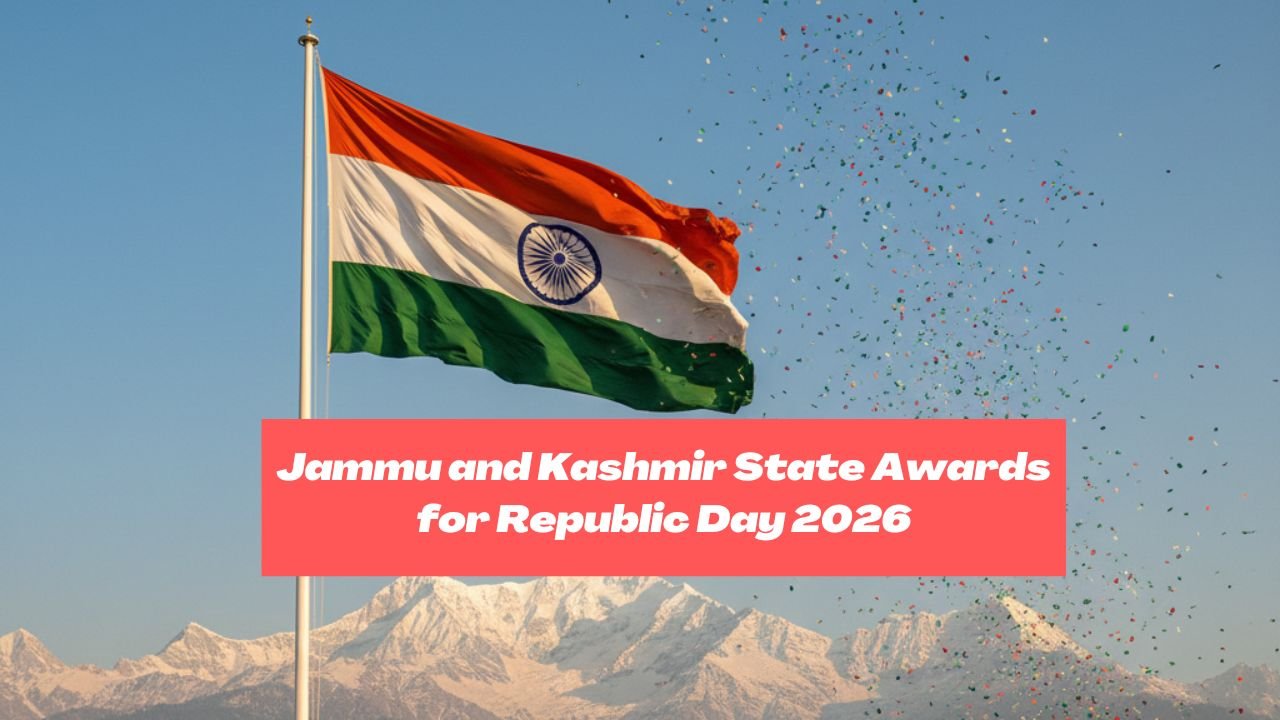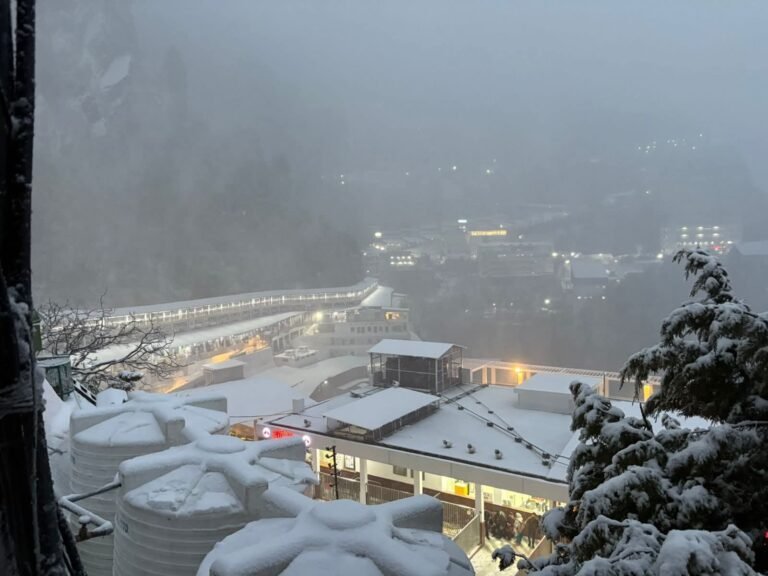Diwali, or Deepavali, is one of the most significant Hindu festivals, celebrated with immense joy across India and around the world. Known as the Festival of Lights, it represents the victory of light over darkness, good over evil, and knowledge over ignorance. The festival honors the return of Lord Rama, the seventh incarnation of Vishnu, after his 14-year exile and triumph over the demon king Ravana. Homes, businesses, and streets are illuminated with oil lamps, candles, and lights to mark this joyous occasion. Families come together to share meals, exchange gifts, and celebrate the warmth and togetherness that Diwali brings. Let’s explore how the traditional Diwali customs were celebrated in Jammu and how these age-old practices can be embraced.
Embracing Traditional Diwali Customs in Jammu
In the region of Jammu, known historically as Duggar Pradesh, Diwali celebrations are steeped in local traditions that emphasize simplicity and spirituality. Unlike modern-day celebrations that rely heavily on store-bought decorations and electric lighting, traditional customs in Jammu focused on handmade artistry and natural elements. Here are some of the unique ways in which Diwali was traditionally celebrated in Jammu:
Hand-Drawn Murals for Worship
In place of mass-produced idols, families in Jammu would draw images of deities such as Goddess Lakshmi and Lord Ganesh on the walls of their homes. These hand-drawn murals, often created with natural colors derived from local materials, became the focal point of the evening prayers. The act of creating these murals was considered an offering in itself, adding a personal and spiritual touch to the festivities.
Lighting Traditional Diyas Instead of Modern Decorations
Modern Diwali celebrations often involve candles and electric lights, but in Jammu’s traditional practices, the use of clay diyas (oil lamps) filled with ghee or mustard oil was customary. These diyas were placed around courtyards, verandas, and windows to symbolize the triumph of light over darkness. The flickering lamps cast a serene glow that created a spiritual atmosphere, allowing families to connect deeply with the festival’s essence.
Post-Puja Rituals and Family Traditions
After the evening puja (worship), it was a tradition for the “pooja ki thaali” (prayer plate) to be presented to the eldest family member by a new member, such as a daughter-in-law or grandchild. This act symbolized respect and acceptance into the family circle. The elder would bless the new family member and offer a gift or cash as a token of goodwill, reinforcing the bonds of love and unity.
Hanging Sreen and Bana Leaves for Protection
A unique custom in Jammu involved hanging sreen and bana leaves at the entrance of homes before nightfall. These leaves were believed to have protective properties that could ward off evil spirits and negative energies. Hanging them at the doorway was seen as inviting prosperity and well-being into the home while keeping harmful influences at bay.
Bursting crackers in Evening on Diwali

Bursting crackers is a traditional way to celebrate Diwali, adding excitement and joy to the festival. To enjoy this custom while being eco-friendly, opt for green crackers that produce less noise and pollution. You can also organize a community fireworks display to minimize waste. By choosing sustainable options, you can keep the tradition alive while protecting the environment and enjoying the festive spirit.
Read also: Diwali Bakshish: How it is Very Important
Understanding the Five Days of Diwali
Diwali is not merely a one-day festival; it spans five days, each carrying its own significance. Here’s a look at the five-day celebrations:
Day 1: Dhanteras
The festival begins with Dhanteras, a day dedicated to cleaning and decorating homes. People buy new items like utensils, jewelry, or household items as a sign of welcoming prosperity and good fortune.
Day 2: Choti Diwali (Naraka Chaturdashi)
Choti Diwali celebrates the victory of Lord Krishna over the demon Narakasura. On this day, small oil lamps are lit to dispel darkness and signify the triumph of good over evil.
Day 3: Diwali (Lakshmi Puja)
The main day of Diwali is devoted to worshipping Goddess Lakshmi, the goddess of wealth. Houses are lit with diyas, candles, and decorative lights, and families come together to exchange gifts and enjoy festive meals.
Day 4: Govardhan Puja
Govardhan Puja commemorates the occasion when Lord Krishna lifted the Govardhan Hill to protect villagers from the wrath of Lord Indra. This day is marked by worship, traditional food preparation, and rituals.
Day 5: Bhai Dooj
The final day of Diwali is Bhai Dooj, which celebrates the bond between brothers and sisters. Sisters pray for their brothers’ prosperity and well-being, while brothers give gifts as a token of their affection.
Traditional Ways to Celebrate Diwali in Jammu

To celebrate Diwali in a way that honors Jammu’s cultural heritage, consider incorporating the following customs into your festivities:
Wearing traditional Dogra attire on Diwali
Diwali adds a touch of cultural pride and elegance to the celebrations. For men, donning a “safa” (traditional turban) enhances the festive spirit, symbolizing honor and tradition. The classic Dogra dress, with its vibrant colors and intricate designs, brings a sense of heritage to the occasion, allowing families to celebrate the Festival of Lights in a truly authentic way.
Clean and Decorate Your Home
A deep cleaning of the house is believed to attract Goddess Lakshmi, who favors clean and well-lit homes. Decorate the entrance with traditional rangoli made from colored powders, flower petals, and diyas to create a welcoming atmosphere.
Perform Lakshmi Puja with Handmade Decorations
Use natural materials to make your own decorations and diyas, as was done traditionally in Jammu. Performing Lakshmi Puja with handmade items adds a personal touch to the rituals and creates a stronger spiritual connection.
Prepare Traditional Sweets and Snacks
Festivities are incomplete without the preparation of traditional sweets like laddoos, jalebis, Jammu Special Chocolate Barfi and Khoya Barfi . In Jammu, families often follow age-old recipes passed down through generations, making the celebration even more special. Share these treats with family, friends, and neighbors as an expression of joy and goodwill.
Exchange Thoughtful and Culturally Significant Gifts
Gift-giving is an important Diwali tradition that symbolizes love and respect. Choose gifts that hold cultural or spiritual significance, such as decorated Basohli art, diyas, silver coins, or spiritual books. Personalized gifts with handwritten notes can add a heartfelt touch.
Light Diyas and Use Natural Decorations
While electric lights are popular, you can create a more authentic atmosphere by lighting traditional diyas around the home. Decorate with fresh flowers, banana leaves, and natural incense to replicate the ambiance of Jammu’s traditional celebrations.
Read also: Things to know about Safa or Turban : The Pride Of Dogra
Choosing the Perfect Diwali Gift: What to Consider
When selecting Diwali gifts, choose items that align with the spirit of light, positivity, and cultural heritage:
Symbolic Gifts That Reflect Tradition
Select gifts that symbolize Diwali’s themes, such as decorated Basohli art, diyas, boxes of sweets, or silver coins, decorative items made by local atrisans. These traditional gifts not only bring joy but also carry a sense of auspiciousness.
Personalized Gifts for a Memorable Touch
Add a personal touch to your gifts by customizing them. A hand-crafted photo frame or a piece of jewelry engraved with the recipient’s initials can convey a deeper sense of connection.
Gifts That Promote Prosperity
Gifts related to prosperity, such as money plants, financial planning books, or gold-plated items, are meaningful options that honor Diwali’s association with wealth and good fortune.
Unique Ways to Celebrate Diwali
Make your Diwali celebrations in Jammu even more memorable with these unique ideas:
Organize a Diwali Craft Workshop
Invite friends and family for a crafting session where you create handmade decorations, diyas, or gifts. This fosters creativity, strengthens bonds, and honors the traditional practices of Jammu.
Host a Traditional Cooking Party
Share the joy of Diwali by inviting loved ones to cook traditional sweets and savory dishes together. This can be a fun and meaningful way to celebrate, passing down culinary skills to the younger generation.
Participate in Community Service
Diwali is a time for sharing joy. Participate in charitable activities or community service to bring light into the lives of those less fortunate.
By embracing the traditional customs of Jammu and infusing modern elements, you can celebrate Diwali in a way that honors its rich heritage while creating lasting memories with your loved ones.

